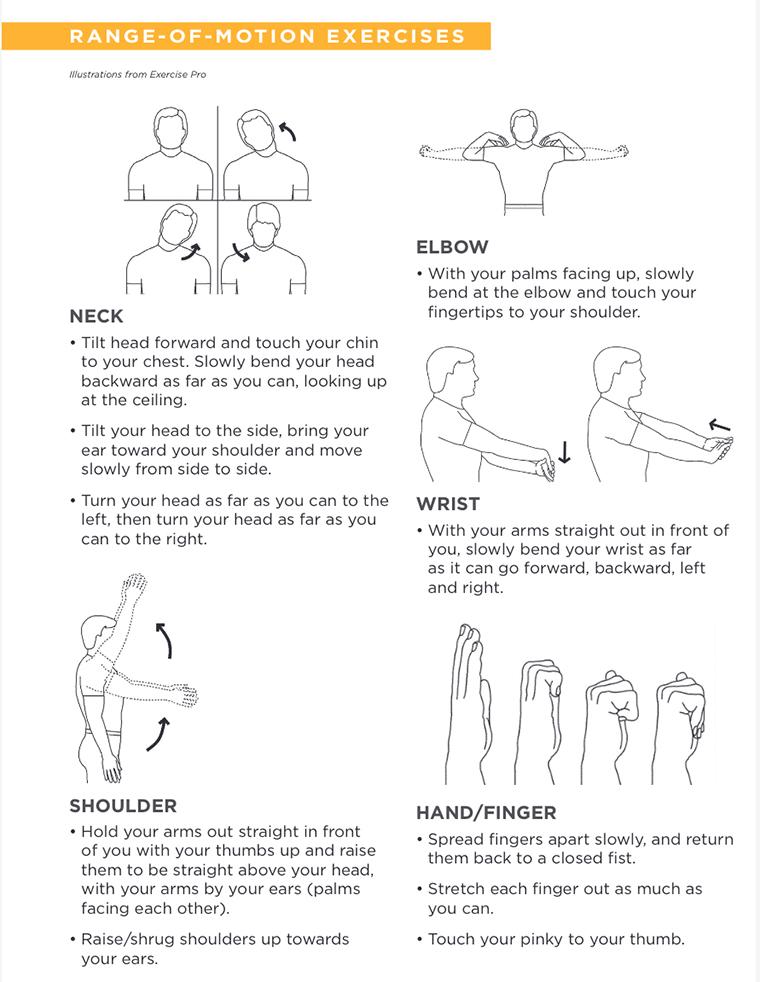Every time you get behind the wheel, you are responsible for keeping yourself and your fellow drivers safe. But as you get older, it can become harder to fulfill this duty.
“Older drivers can be the safest drivers on the roadway, because they typically wear their seat belts and rarely drive intentionally impaired,” said Beth Koster, coordinator of MU Health Care’s Injury Prevention Program. “However, as we age, physical and cognitive changes outside of our control can compromise our ability to drive.”
Koster said these four factors can hurt your driving skills as you grow older:
- Decreased flexibility and strength: Arthritis, joint stiffness and muscle weakness can all make it more difficult to move your head, turn the steering wheel and press the gas and brake pedals. Koster said a simple exercise program can help keep you strong and flexible. Stretching the neck, shoulders, elbows, shoulders, wrists and fingers every day can help you stay safe on the road.
- Vision and hearing loss: If your eyesight is getting worse, you might struggle to read road signs, see other vehicles and avoid obstacles in the road, especially at night. If you have hearing loss, you might not hear sirens, children playing or other important sounds.
- “Get a yearly vision assessment by an optometrist to stay ahead of glaucoma, cataracts and other eyesight issues,” Koster said. “We also recommend keeping the noise level inside your vehicle to a minimum so you can better hear sounds that require your attention.”
- Cognitive decline: Aging drivers sometimes find it difficult to focus, make quick decisions and navigate new routes. These cognitive issues can lead to dangerous situations, such as getting lost or having an automobile accident. Koster said you can keep your mind sharp by staying social, playing cards and challenging yourself with crossword puzzles. It’s also important to eat a healthy diet and provide your brain with proper nutrition.
- Medication side effects: “Some medications can cause side effects like dizziness and drowsiness that affect your ability to think clearly and react quickly,” Koster said. “We recommend talking to your doctor or pharmacist to see if any medications you are taking could cause dangerous side effects.”
Koster also said an online resource like Roadwise RX can help you assess your risk when taking combinations of medications.




